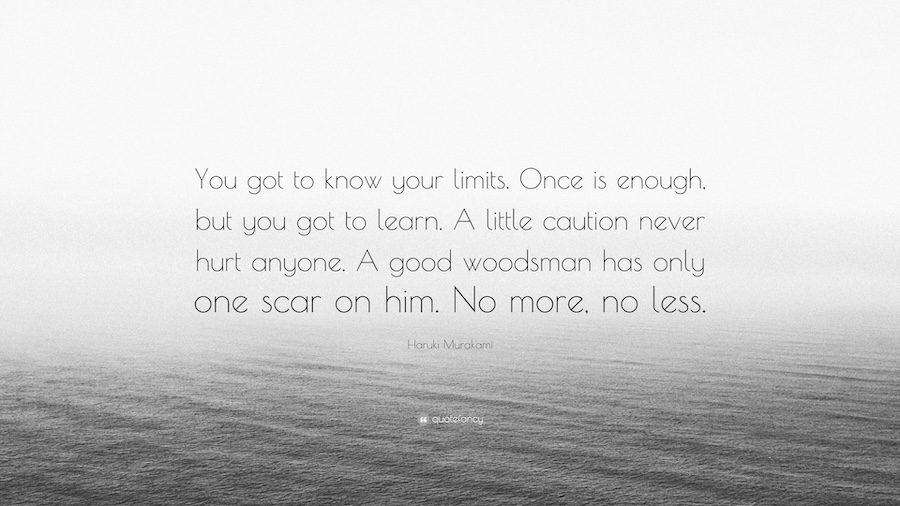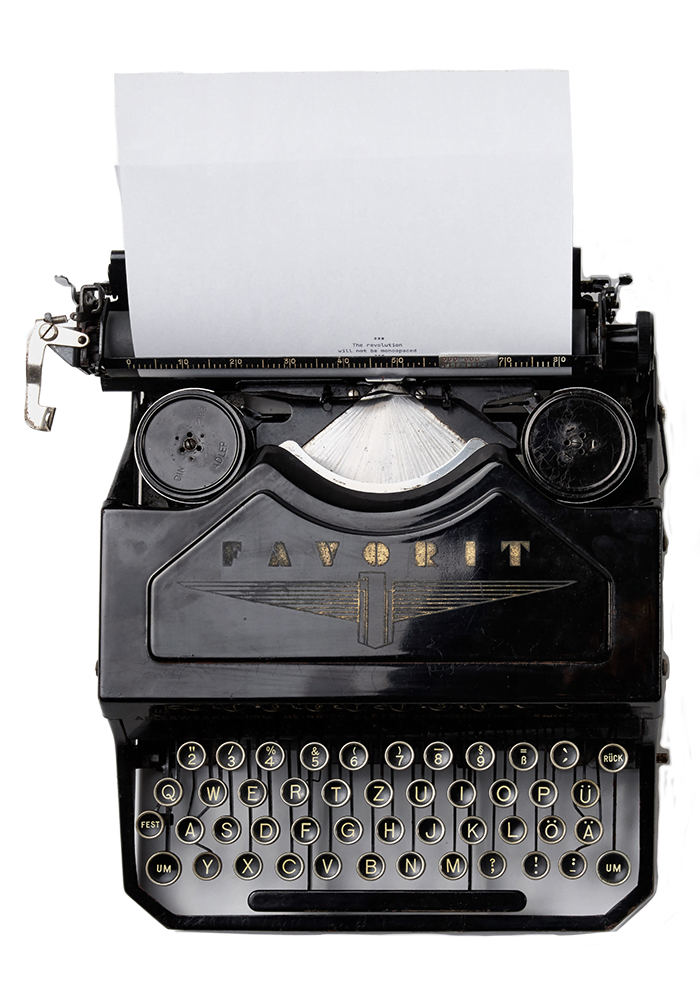This post is a conituation of Writing from Inside the House. Read that one first, then come here.
Every author should work with an editor. The process of looking at your work from the outside has a formal name: creative development. An editor can support you in this process and help you create the architecture for your book. You can also use your own empathy to understand the reader’s mind. When re-reading your manuscript, beware of your own excitement and sense of accomplishment. Is this part of the novel actually good writing, or is it just about a topic you really like? Read your draft with complete neutrality. List your chapter titles in a steno notebook and under each title write what the main topic of the chapter is about. You might think you wrote a book about environmentalism but if nine chapters are about your personal passion, let’s say gardening, the book isn’t about what you think it’s about.
Make simple lists of characters and locations, anything to give you insight. You might find that your characters always have tense conversations at restaurants while commenting on how delicious the food is. Guess what? Your epicurean proclivities are messing up your book, even though every one of those scenes makes you happy because you remember the meal that inspired you to write it. For your characters, the experience is totally different. Their delicious food is interrupting the tension and unnecessarily obstructing the flow of the scene. What is satisfying to you as a person doesn’t help your characters and doesn’t further the story.

Are your epicurean sensibilities messing up your story?
Step out of your writing and make a list of chapters and note which characters appear in each chapter. What if your protagonist only appears in 50 percent of your chapters? Could it be that one of your supporting characters is actually the protagonist? Do you have a character that appears only once? Is it really necessary to introduce a new character or can a different character convey the same things and therefore trim down the mental effort of the reader in keeping track of everything?
Everyone wants to win. Everyone wants to congratulate themselves. You will always respond to someone telling you you are smart and beautiful. Becoming a reader, taking off your space helmet, and seeing your work from the outside requires empathy and a lack of ego.
Overall, don’t settle for first draft before publication. An essential characteristic of great authors (one that is really easy to steal) is not to congratulate yourself on a first draft. The second draft is a complete rewrite of the manuscript and that is usually the moment when the structural elements start to come together and the book has a sense of wholeness. Preserve your neutrality at least through the second draft. Good things take time, and you have to see what you are creating from the perspective of the reader to truly understand it.








[…] Everyone has individual expertise, a field you know a lot of information about and are passionate to explore. Your expertise will naturally appear in your novel, because it’s what you care about. However, a novice in the field in which you are an expert (the reader) won’t have any of the framework for understanding that you may have worked a lifetime to build. A topic which seems simple and fluent to you because of your expertise may be completely lost on your reader. To be continued…. […]